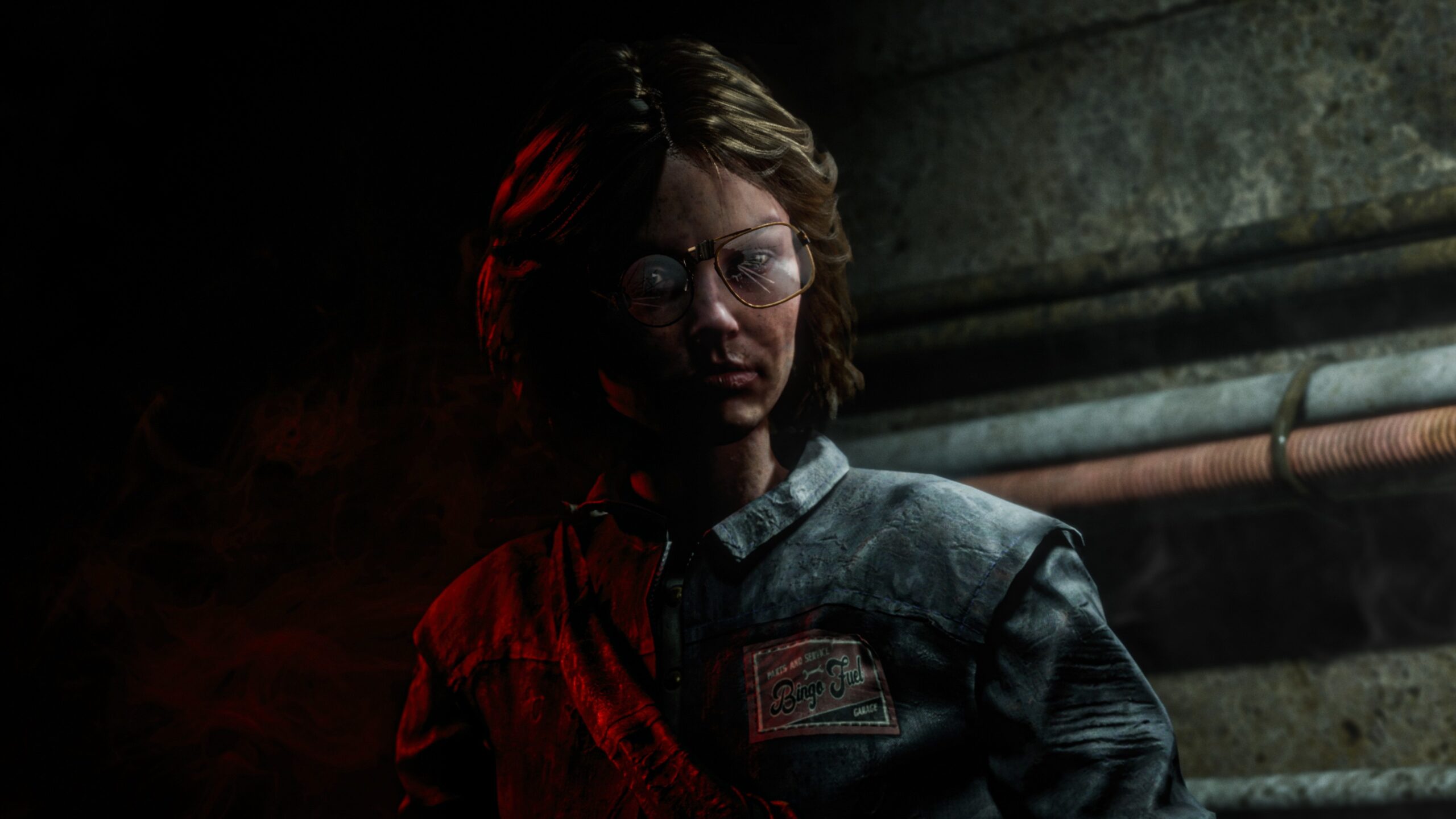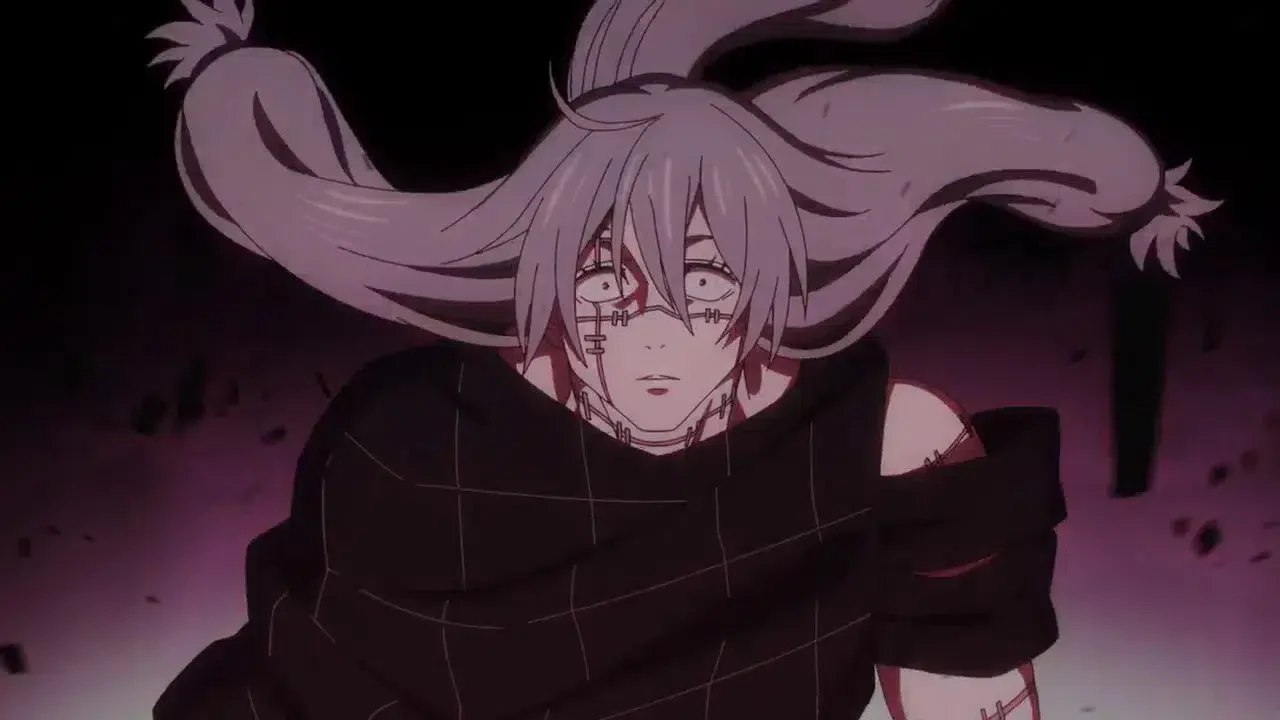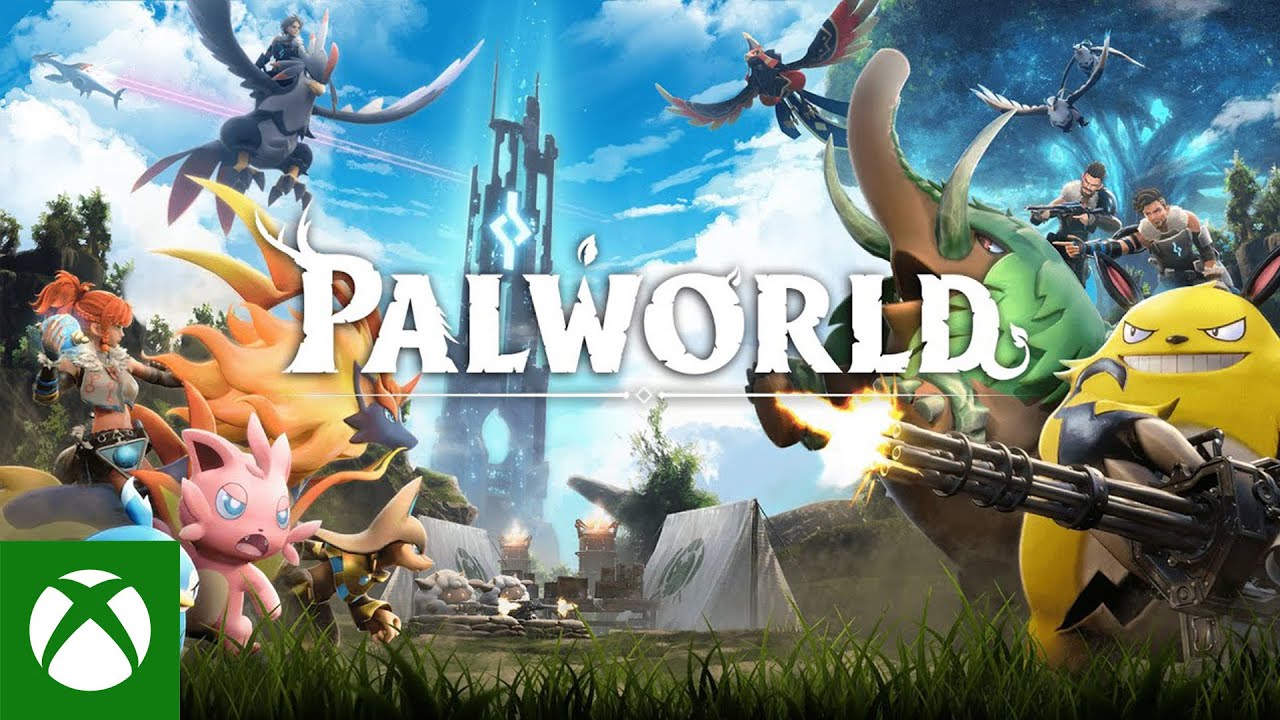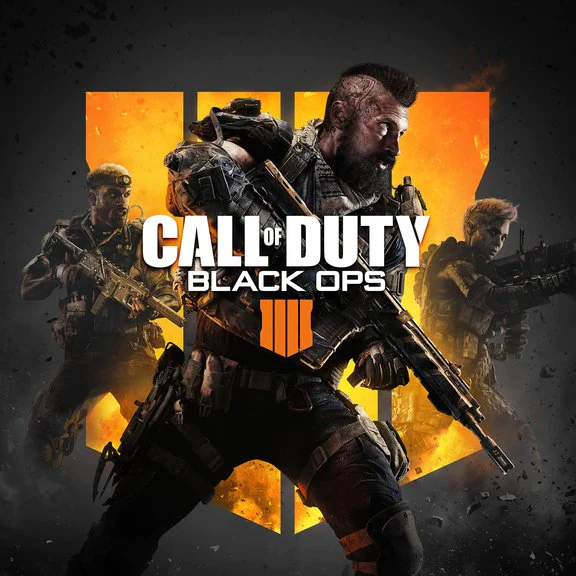Indie games are no longer just passion projects—they are defining moments in modern gaming. Without the restrictions of big studios, indie developers bring personal vision, innovation, and heart into their work. From emotionally rich stories like Undertale to the pixel-perfect mechanics of Hollow Knight and Shovel Knight, indie games continue to outshine many big-budget titles in creativity, depth, and player connection.
Undertale: When the Game Plays You
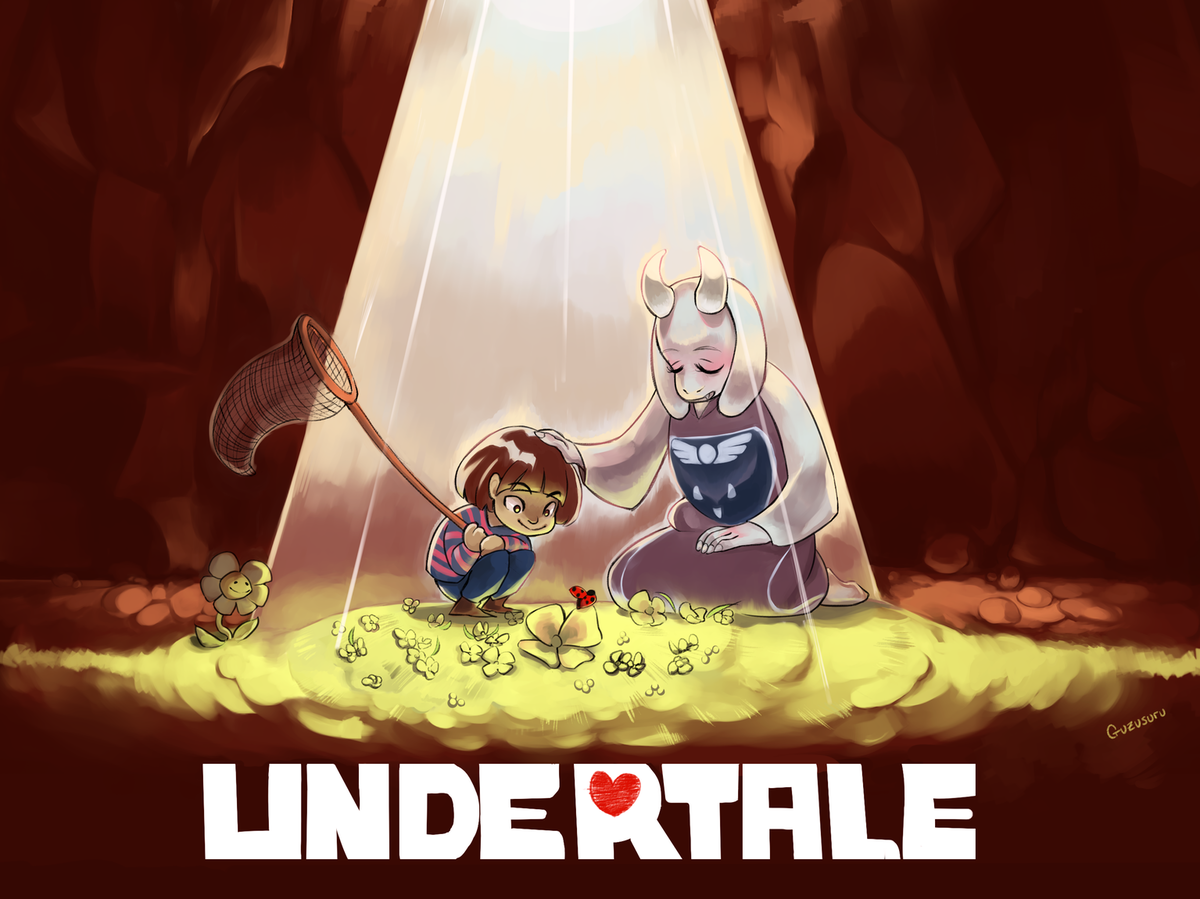
Toby Fox’s Undertale is widely regarded as one of the most influential indie titles ever made. What makes it so remarkable isn’t just its charming 8-bit visuals or memorable soundtrack—it’s the emotional depth and how the game plays with the player’s expectations.
Characters like Chara, Frisk, and Sans are now legends in gaming culture, inspiring fan art, remixes, and even alternate universes (AUs). But what really sets Undertale apart is its ability to make you question every in-game decision. The Genocide route isn’t just hard—it’s emotionally punishing. The game’s commentary on morality, consequence, and forgiveness has rarely been matched. Despite its popularity, many still feel it’s underrated, especially when compared to more commercially driven titles.
Hollow Knight, Shovel Knight & Limbo: Flawless Execution
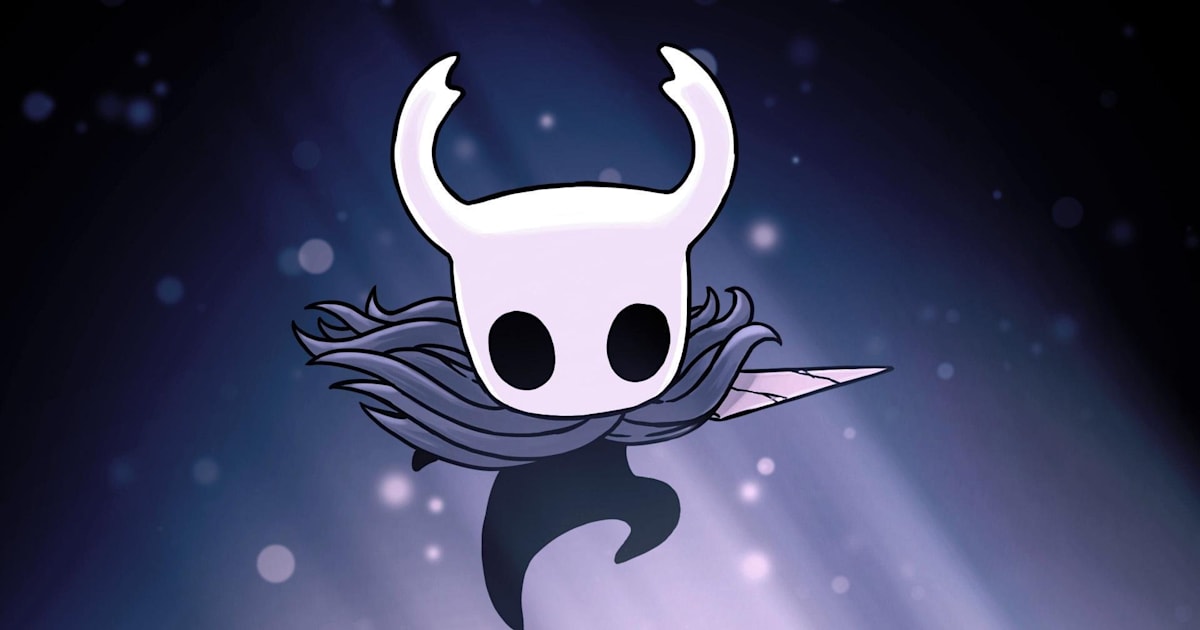
While Undertale shines through narrative, Hollow Knight dominates through gameplay. Created by a two-person team at Team Cherry, this atmospheric Metroidvania delivers precise controls, a hauntingly beautiful world, and boss battles that demand mastery. It may not reinvent the wheel, but it perfects every aspect it touches.
Similarly, Shovel Knight brings NES nostalgia to a modern standard. Its DLCs are more than just extras—they’re full-fledged adventures. It’s a love letter to retro gaming, fused with modern polish.
Then there’s Limbo and its spiritual successor, Inside. These games aren’t just platformers—they’re emotional experiences. Minimalist storytelling, eerie silence, and monochrome art direction create an unforgettable atmosphere. Inside especially is a masterclass in visual storytelling, delivering a surreal journey that leaves players pondering long after the credits roll.
Stardew Valley, Castle Crashers & Cuphead: Redefining Genres

Not all indie hits are moody or philosophical. Stardew Valley redefined farming sims, offering a surprisingly deep and fulfilling experience. Built by one developer, Eric “ConcernedApe” Barone, it’s a masterclass in gameplay balance. Whether you’re farming, mining, socializing, or fishing, everything feels meaningful.
On the lighter side, Castle Crashers combines absurd humor with satisfying co-op gameplay. It never takes itself seriously—and that’s its charm. It delivers poop jokes, silly animations, and yet, emerges as one of the most replayable indie titles of its time.
Then comes Cuphead, which merges brutal difficulty with 1930s-style hand-drawn animation. Its boss fights are art in motion, and its jazzy soundtrack elevates the entire experience. The game is unforgiving, but always fair—a visual and gameplay masterpiece that pays homage to both old-school animation and hardcore gaming.
The Next Wave: Billie Bust Up, Blasphemous 2 & More
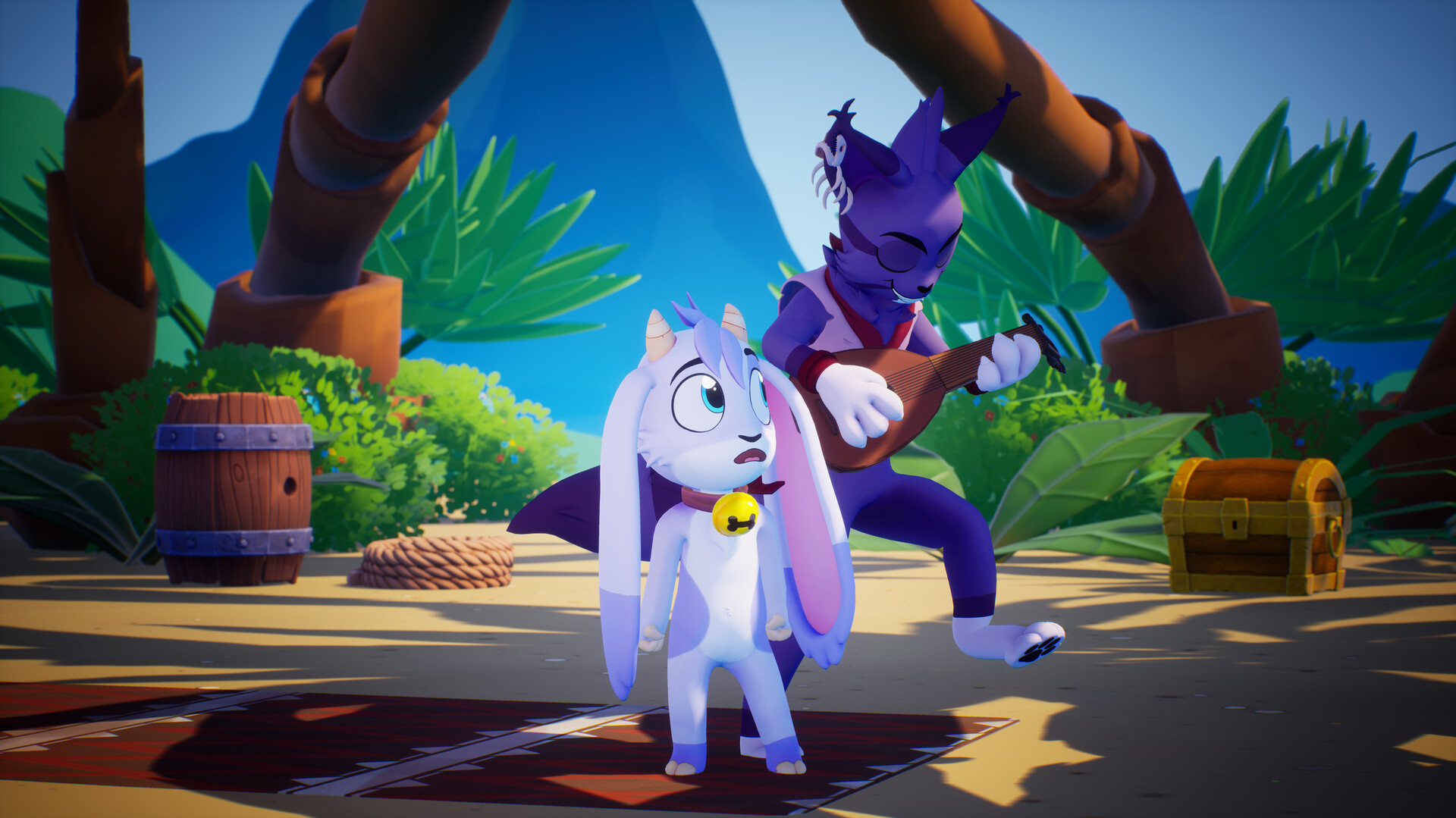
Looking to the future, games like Billie Bust Up and Blasphemous 2 show that indie gaming’s golden age isn’t over. Billie Bust Up promises a musical boss battle experience like no other, where enemies sing as they fight. Meanwhile, Blasphemous 2 explores themes of faith and guilt with brutal combat and darkly religious iconography—pushing the limits of what indie narratives can explore.
And let’s not forget titles like Another Crab’s Treasure, 30XX, and Balatro—each proof that innovation thrives in the indie space.
Conclusion: Indies Aren’t Just Games—They’re Experiences
The best indie games don’t just entertain; they connect. They resonate emotionally, inspire creativity, and often surpass AAA games in impact. Whether you’re into the soul-crushing lore of Amnesia, the narrative genius of The Stanley Parable, or the community-driven legacy of SCP: Containment Breach, indie games offer something no blockbuster can: heart.
From Undertale to Stardew Valley, these titles prove that you don’t need millions in budget to create something unforgettable. You just need vision—and a whole lot of passion.

